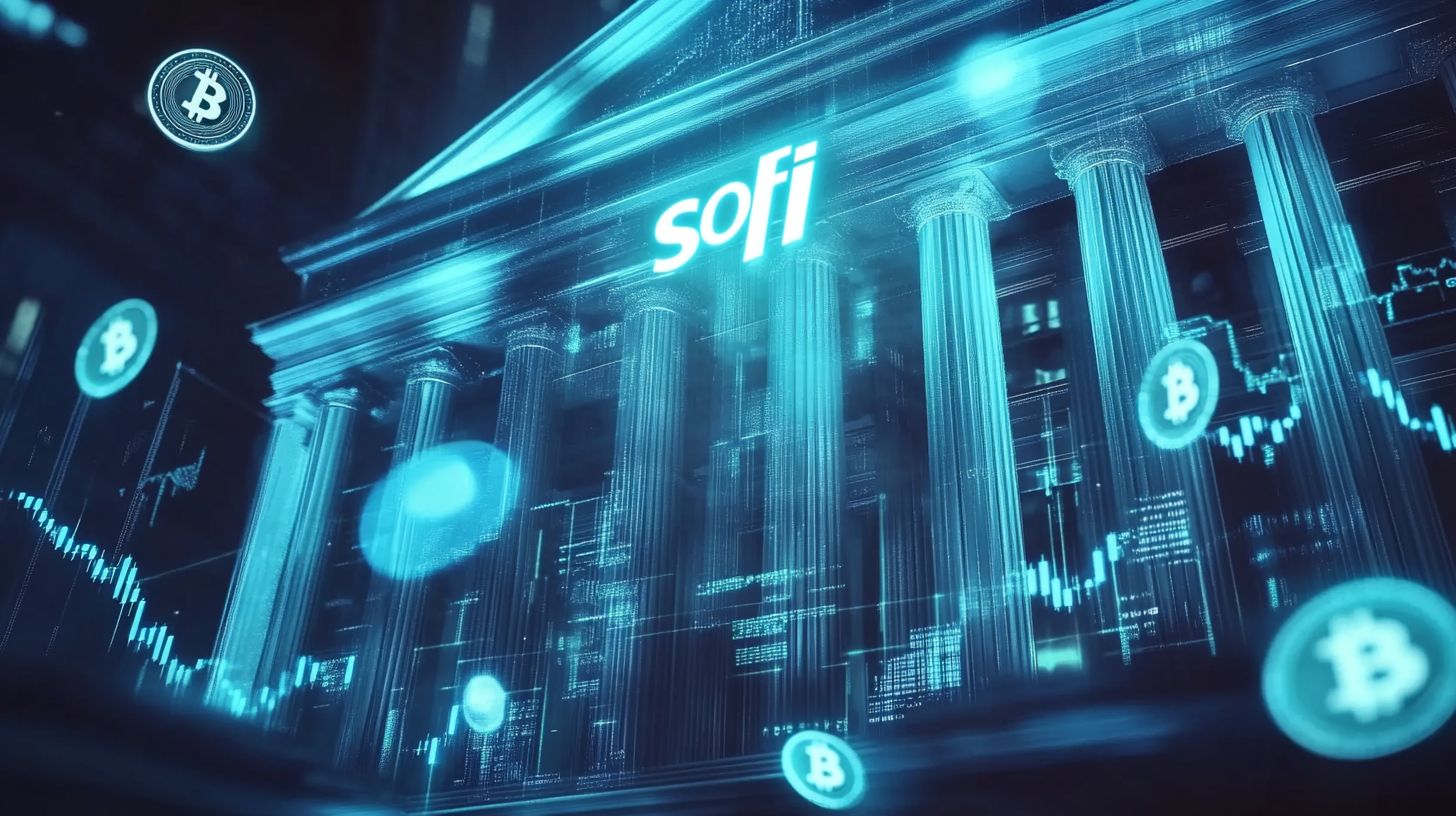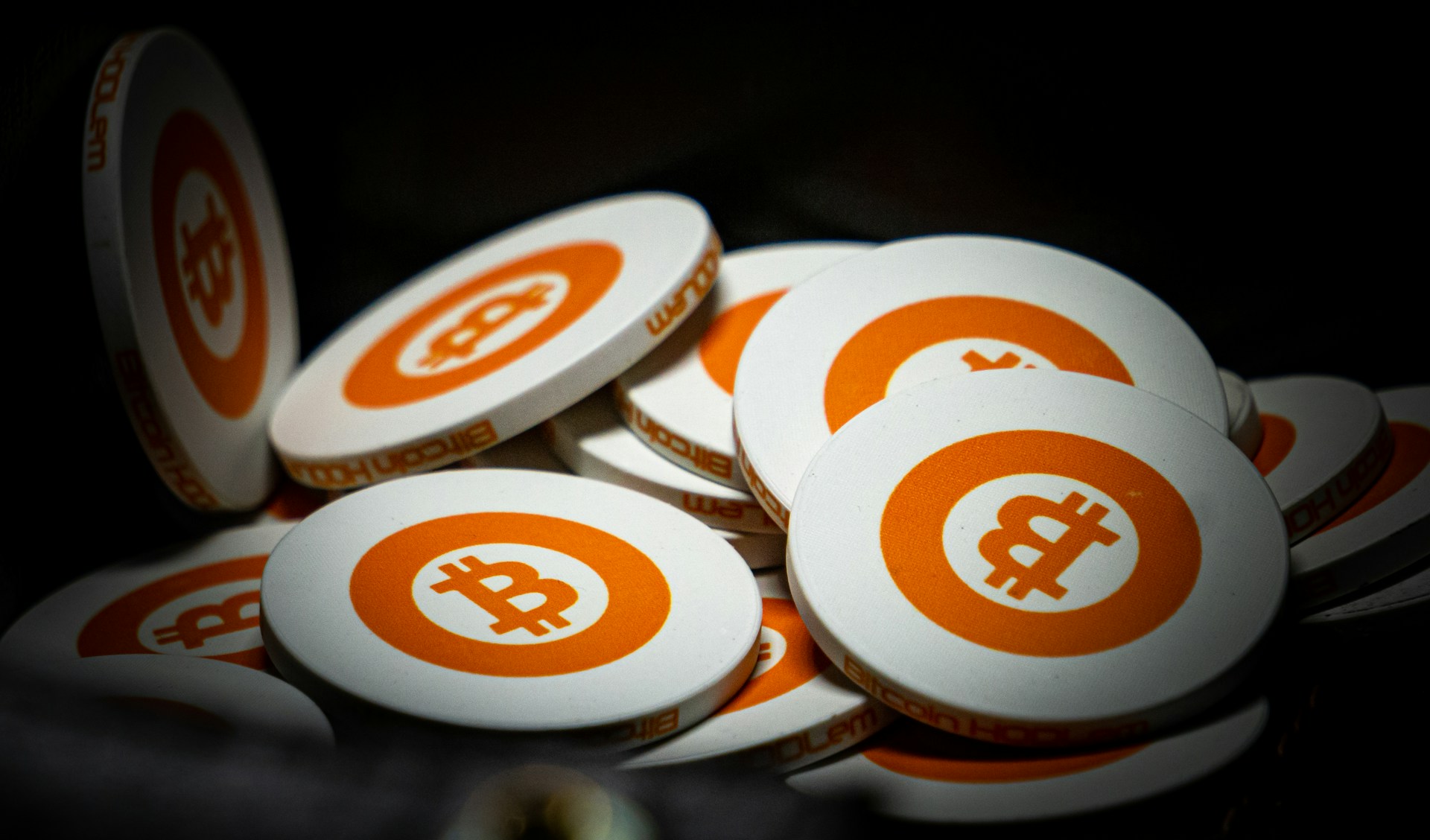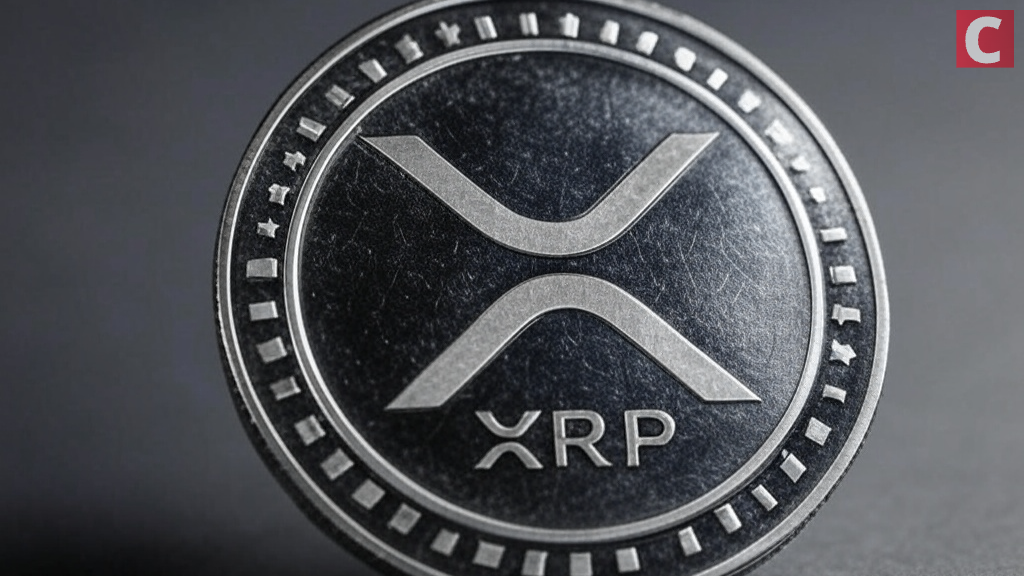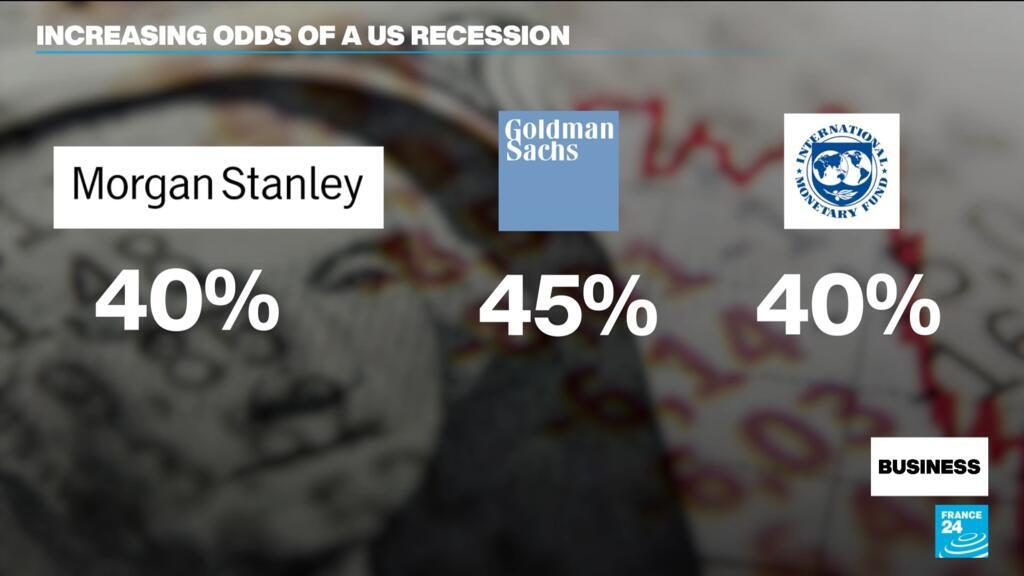
As South Korea heads into its upcoming presidential election scheduled for June 3, the People Power Party (PPP) has introduced a wide-ranging set of crypto policy proposals aimed at reshaping the country’s digital asset market.
In a meeting held Monday at the National Assembly, the PPP outlined seven new initiatives that include lifting key restrictions on banks working with crypto exchanges and introducing legal frameworks to support the development of tokenized assets and spot exchange-traded funds (ETFs).
The proposals come amid a transitional political environment following the impeachment and removal of President Yoon Suk-yeol in April. With the election drawing near, the PPP’s policy pivot toward digital asset regulation appears to be a strategic move to engage the growing population of crypto users and investors in the country.
South Korea has historically maintained a strict oversight regime on cryptocurrency markets, particularly in response to past concerns over money laundering and speculative trading activity.
Crypto ETFs and Exchange Rules at the Center of PPP’s Reform Plan
Among the most notable measures announced by the PPP is a plan to lift the existing restriction that limits crypto exchanges to partnering with only one bank for real-name verified accounts.
This “one exchange, one bank” rule was originally introduced by financial authorities to increase transparency and monitor suspicious financial activity. Critics have argued, however, that the rule has restricted competition and limited banking access for new or smaller crypto exchanges.
In addition, the PPP has pledged to legalize the trading of spot crypto ETFs within South Korea before the end of the year. Party lawmaker Park Soo-min noted during the session that spot Bitcoin ETFs in the US have already gained considerable attention and trading volume.
According to Park, South Korea’s continued delay in approving such products could place it at a competitive disadvantage in the rapidly evolving global digital asset space. While both the PPP and the Democratic Party have previously expressed interest in lifting the ETF ban, this marks the PPP’s clearest commitment to date.
Regulatory Commitments Include Stablecoin Framework and Security Tokens
The policy roadmap also includes plans to create a legal framework for security token offerings (STOs) and establish comprehensive guidelines for the issuance and regulation of stablecoins.
The aim, according to party officials, is to align with global standards and provide regulatory clarity for issuers and investors alike. These efforts would be supported by the introduction of the “Digital Asset Promotion Basic Act,” a legislative proposal intended to formalize the country’s long-term crypto policy.
To oversee these initiatives, the PPP plans to launch a dedicated crypto policy committee under the leadership of its presidential candidate.
The committee will focus on encouraging responsible innovation, supporting the domestic crypto industry, and restoring investor confidence following a period of heightened regulatory scrutiny.
Given all these at play, South Korea’s position in the global digital asset market could be significantly impacted depending on the outcome of the June election and the subsequent implementation of these policy changes.
Featured image created with DALL-E, Chart from TradingView

Editorial Process for bitcoinist is centered on delivering thoroughly researched, accurate, and unbiased content. We uphold strict sourcing standards, and each page undergoes diligent review by our team of top technology experts and seasoned editors. This process ensures the integrity, relevance, and value of our content for our readers.
south-koreas-ruling-party-proposes-spot-crypto-etf-trading-and-banking-reform















Leave a Reply